November 4, 2016
Corporate responsibility now essential to attract and retain millennials 0
 Corporate social responsibility is no longer seen as more than a nice to have, with those working within the built environment for example, appreciating the role it has in reducing greenhouse gases. But it is also being increasingly seen as a positive way of attracting and engaging the right talent. Now according to a new survey carried out in the US, meaningful engagement around CSR is becoming a business – and bottom line – imperative, impacting a company’s ability to appeal to, retain and inspire Millennial talent. Three-quarters (76 percent) of Millennials consider a company’s social and environmental commitments when deciding where to work and nearly two-thirds (64 percent) won’t take a job if a potential employer doesn’t have strong corporate social responsibility (CSR) practices, according to the 2016 Cone Communications Millennial Employee Engagement Study. Because the millennial generation are the most likely to blend their personal and working lives, it’s more important to them than other generations to view their job as a way to make a positive impact on society, the study suggests.
Corporate social responsibility is no longer seen as more than a nice to have, with those working within the built environment for example, appreciating the role it has in reducing greenhouse gases. But it is also being increasingly seen as a positive way of attracting and engaging the right talent. Now according to a new survey carried out in the US, meaningful engagement around CSR is becoming a business – and bottom line – imperative, impacting a company’s ability to appeal to, retain and inspire Millennial talent. Three-quarters (76 percent) of Millennials consider a company’s social and environmental commitments when deciding where to work and nearly two-thirds (64 percent) won’t take a job if a potential employer doesn’t have strong corporate social responsibility (CSR) practices, according to the 2016 Cone Communications Millennial Employee Engagement Study. Because the millennial generation are the most likely to blend their personal and working lives, it’s more important to them than other generations to view their job as a way to make a positive impact on society, the study suggests.





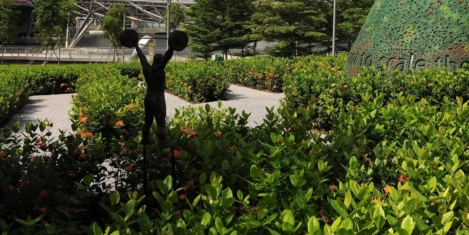
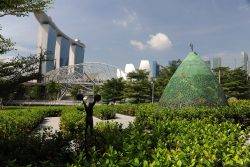






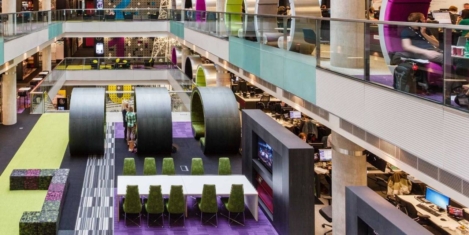
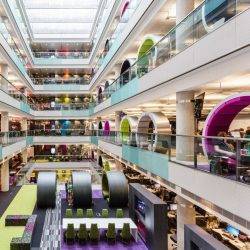

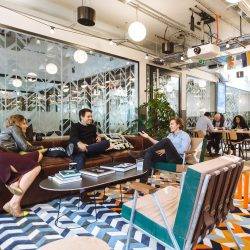
















October 25, 2016
Millennials have just the same needs for peace and quiet as everybody else 0
by Steven Lambert • Comment, Wellbeing, Workplace design
(more…)